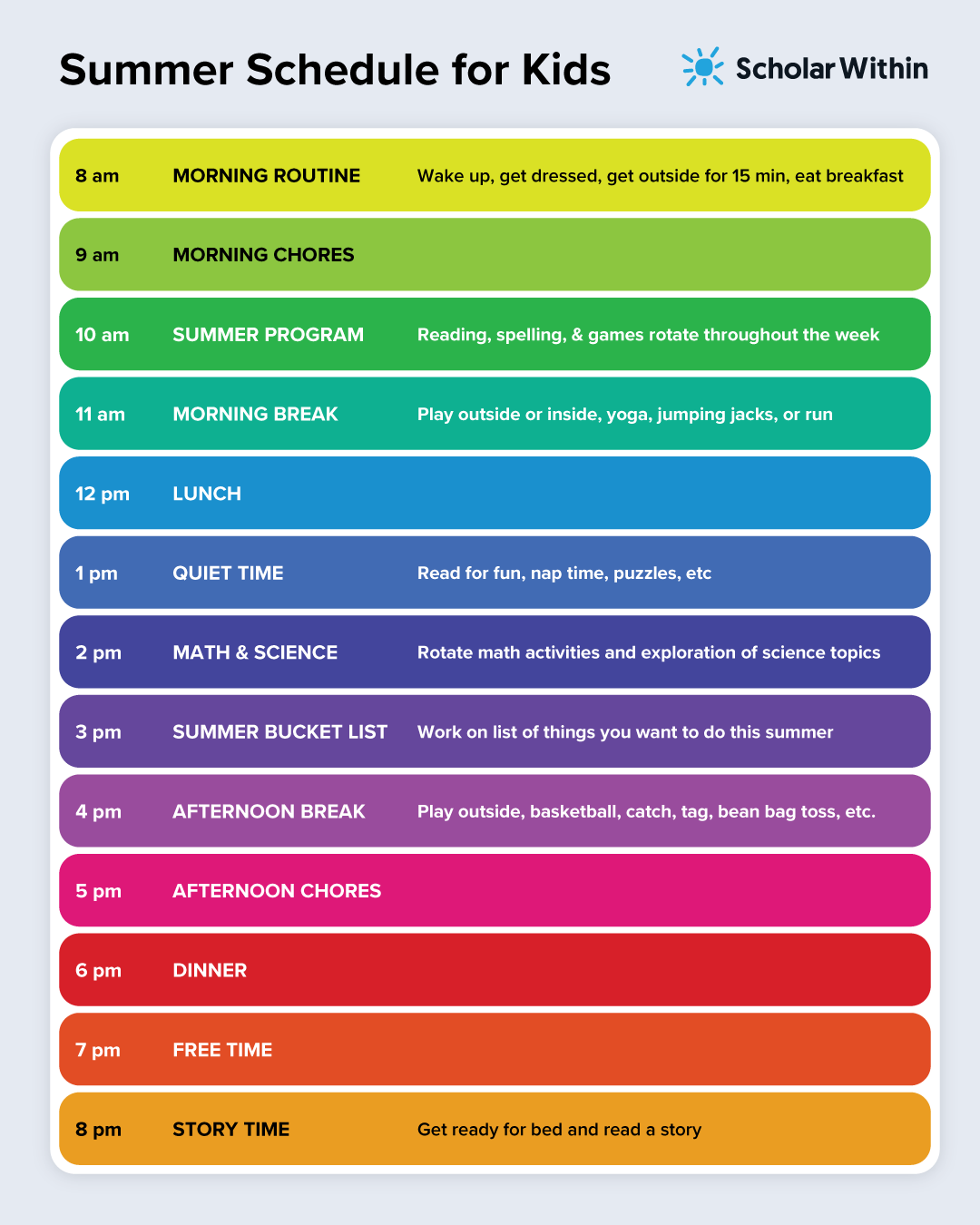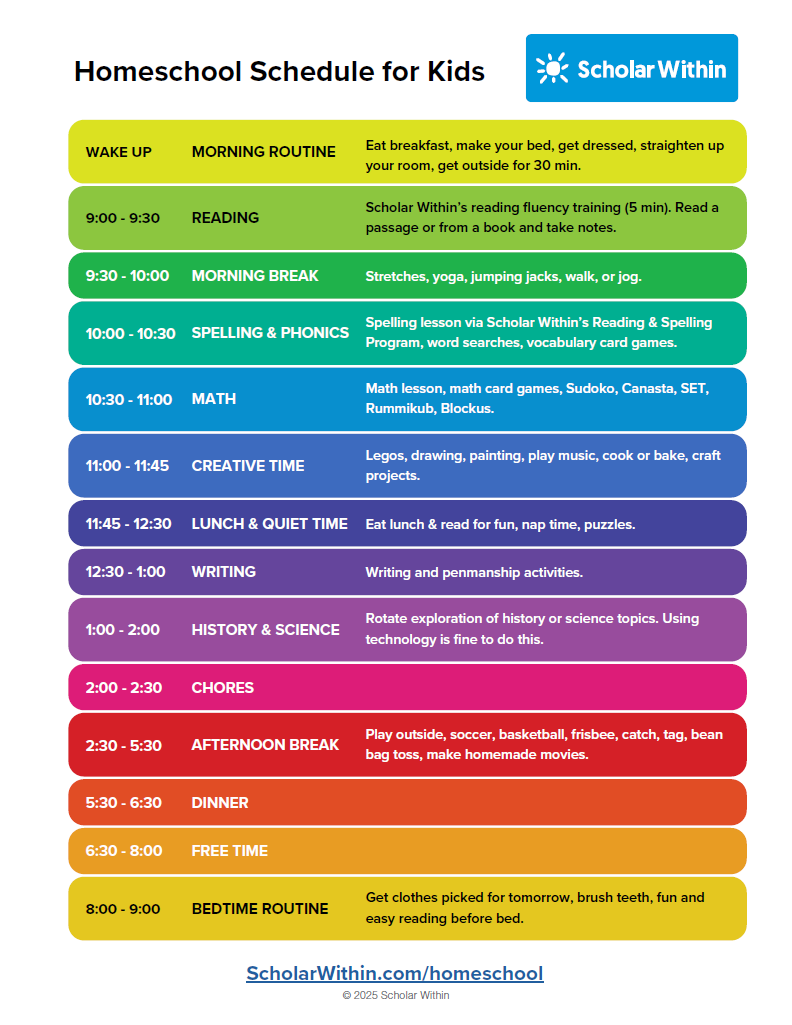
Vocabulary and Reading: The Connection
How are vocabulary and reading connected?
To understand what you have read, you need to know the meaning of the words you are reading. Research tells us that vocabulary knowledge, including both oral and written vocabulary, is critically important for a child’s success in school (Kamil et al., 2008).
That being said, each person has a specific vocabulary, words that they know and use. Vocabulary is the body of words a person knows. The larger vocabulary a person has, the easier it is to read and comprehend what they read.
“Vocabulary knowledge could be considered a proxy for a person’s background knowledge. A person that has more knowledge of a subject is likely to better comprehend text about that subject, as well as know more words related to the topic.” The Journal of Educational Research, Volume 2, 2009

The Five Principles of Reading
- Phonemic Awareness
- Phonics
- Fluency
- Vocabulary
- Comprehension
There are 3 specific tiers of vocabulary:
Tier 1: Most Frequently Used Words
Tier 1 consists of our basic vocabulary such as the most frequently used words. These are the words you typically first learn to read. These words include sight words, nouns, verbs, and adjectives.
Examples:
- Nouns: cat, dog, book, table
- Verbs: run, jump, eat, sit
- Adjectives: big, small, pretty, mean
Tier 2: More Difficult Words and Multiple-Meaning Words
Tier 2 vocabulary consists of more difficult words that are used frequently in everyday life. These are words like coincidence, industrious, and masterpiece. When you don’t experience these types of words in your everyday life, your vocabulary suffers, as does your factual knowledge base.
Additionally, Tier 2 words can often have multiple meanings. These words can be used in a variety of subject areas. These are words that make a huge difference in your ability to comprehend what you read. They often are descriptive words that add detail.
Examples:
- Board: wood, committee, food
- Company: business, visitors, group
- Grind: crumble, smooth, work
- Hammer: pound, repeat, mallet
- Rich: wealthy, valuable, flavorful, fertile
Tier 3: Words Specific to Subject Matter
Tier 3 words are used less frequently. These are words that are typically used in specific subjects such as math, science, medical, or legal terms. These words are too specific to be taught outside of their specific areas.
Examples:
- Math: perimeter, ratio, percentage
- Science: cosmos, constellations, periscope, tepid
- Medical: antibodies, diagnosis, plasma
- Legal: brief, compensatory damages, demurrer
The Best Ways to Learn Vocabulary
What are some of our favorite ways to learn new vocabulary?
1. Books
Vocabulary and reading go hand in hand. The more that you read, the more words you will be exposed to. The beauty of books is that they use vocabulary in context through stories or topics. Try to pick books that are at grade level, but introduce new words. Make sure to have a dictionary on hand to look up words that you may not know. Oftentimes, you can infer the meaning of new words from the context in which they are used.
2. Flashcards with a Picture, a Sentence, and the Definition
Flashcards can be instrumental in learning new vocabulary. One of the best ways to make flashcards for vocabulary is to draw a picture of what the word means. Sometimes it may be a scene where the word is within the context of the scene. Take it a step further by writing the word in a sentence that corresponds with the picture.
3. Podcasts
Listening to podcasts can be a great way to build your vocabulary. There are podcasts on thousands of topics that can expand your knowledge in a field and are a great way to build tier 3 vocabulary. Some of our favorite podcasts include But Why: A Podcast for Curious Kids and Wow in the World. For more great podcasts for kids, take a look at this top 25 podcasts for kids list.
4. Incremental Learning
When you are trying to learn new vocabulary, start small. Try to just learn a few new words a week. Introduce these new words at the beginning of the week and use them consistently in conversation and schoolwork throughout the week. As the weeks continue, your vocabulary will increase.
5. Games
We love games to build vocabulary! This can be as simple as matching words with definitions. Our Summer Reading Program includes printable card games to help build your vocabulary while having fun. These games include antonyms, synonyms, and word manipulation.
Studies from Sprenger (2005 and 2010) and the review of the current research on vocabulary instruction compiled by the National Reading Technical Assistance Center (2010) suggest the following ways to teach new vocabulary:
- Use story examples to model what the word means.
- Draw a picture of what the word means.
- Write the new word in a vocabulary notebook and keep your story example and picture with it.
- Use the new word every day for 5-10 days.
- Play games with the words.
6. Scholar Within’s Summer Reading Program
Okay, we might be a little biased, but we think our summer program is one of the best ways kids can improve their vocabulary.
We have different card games that stretch their vocabulary with an emphasis on antonyms and synonyms from 2nd through 8th grade. In our program, kindergarteners and first graders work on antonyms with a card game called Fruit Basket Upset.
Our reading passages also cover a wide array of topics that help build kids background knowledge and expose them to more words.
Learn more about the Summer Reading Program
The Best Dictionary for Students
The Longman Dictionary of American English is our favorite dictionary for students and adults. It gives clear and simple definitions that anyone can understand. The font and type in the book are also easier to read than many dictionaries. Having a dictionary on hand can be crucial for your kids as they are in school.

Get The Longman Dictionary on Amazon
Who is Scholar Within?
Scholar Within was founded by learning expert Bonnie Terry, M. Ed., BCET. Bonnie began designing and developing her own custom educational tools when she started her private learning center in the 1990s. Teachers kept asking what she was using with the kids who saw her because of the dramatic improvements that the kids made in school. From there, Bonnie decided to make her materials available to teachers and families worldwide.
Now, Bonnie Terry has turned her materials into a full-service online program that you can follow step-by-step at home, on your schedule. School alone is not enough anymore. Bonnie’s programs boost your kid’s overall learning skills by focusing on improving the auditory, visual, and tactile processing areas of your brain to make it work more efficiently.
Learn more about Scholar Within.



